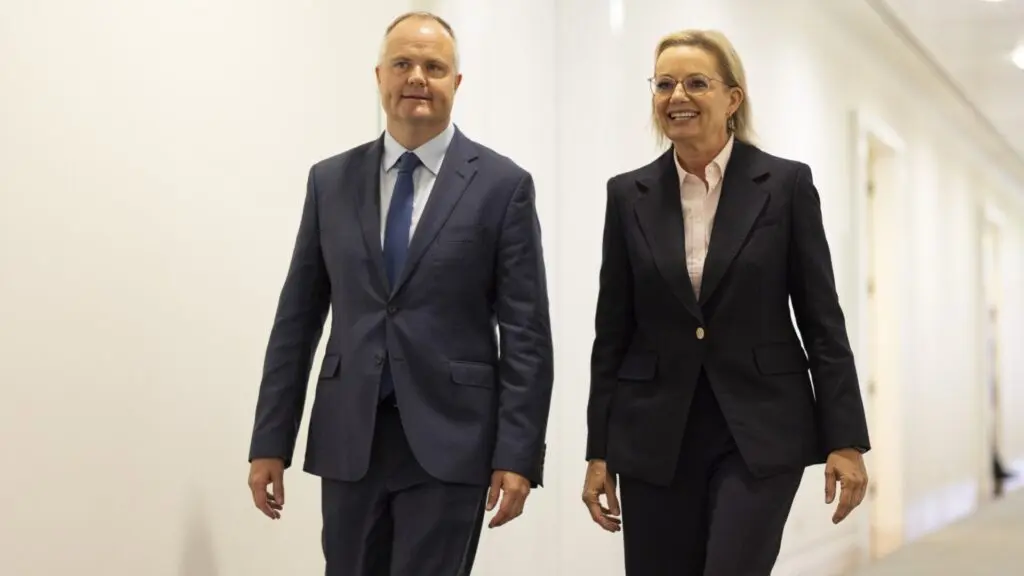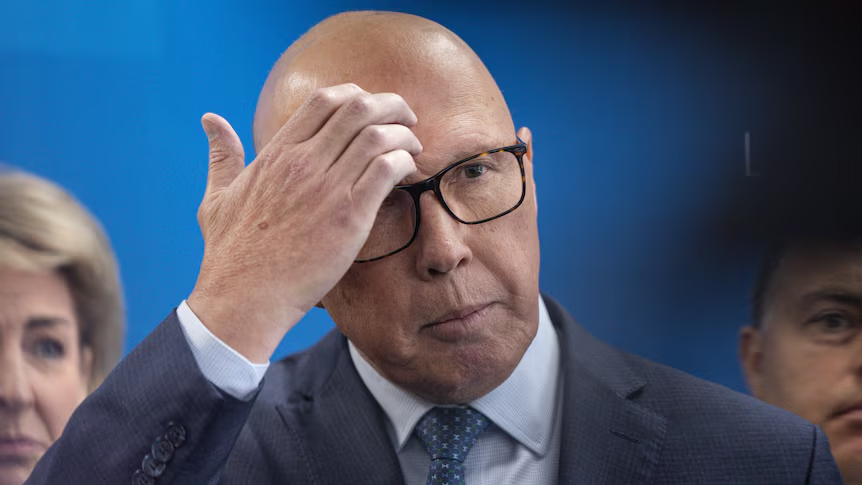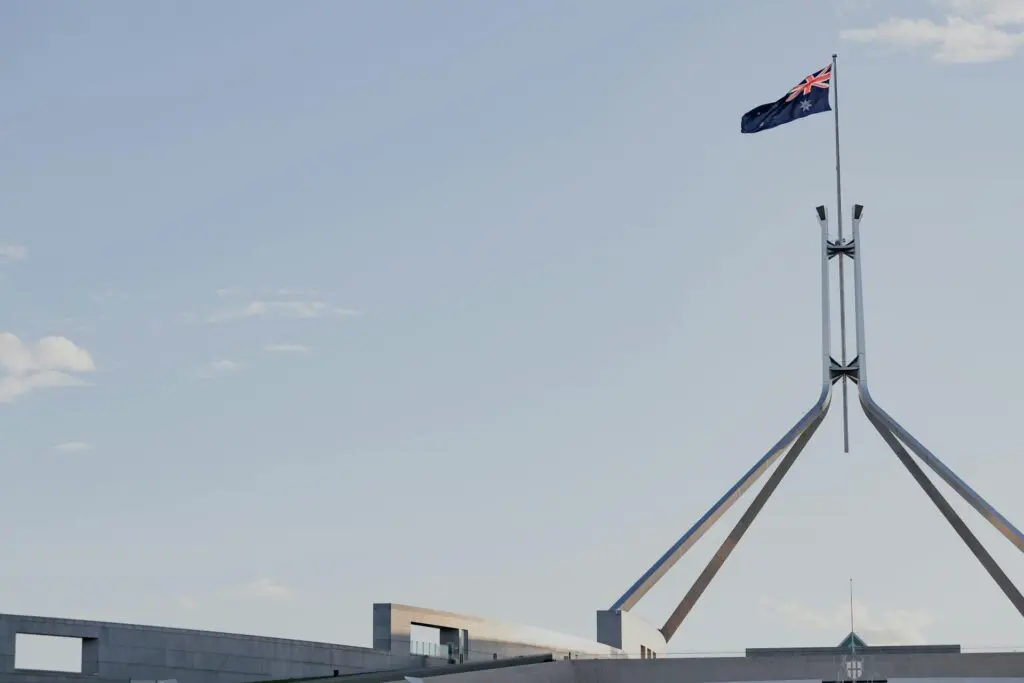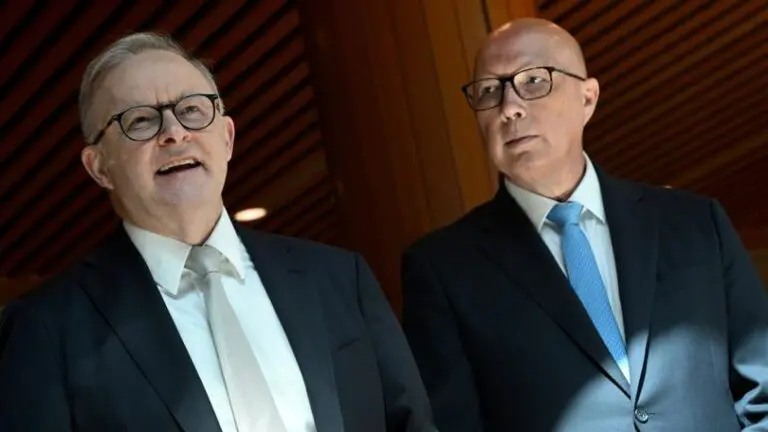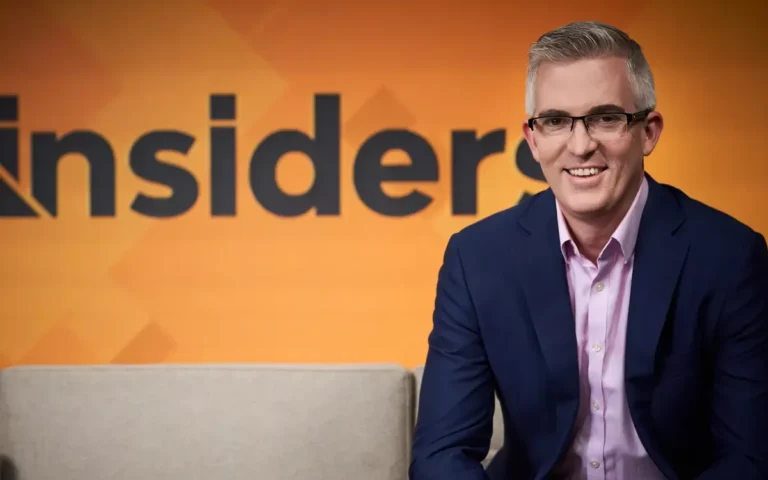
The Collapse of Trust in Australian Media: Unfulfilled Inquiries and Eroding Confidence
Share your love
In recent years, Australia’s media landscape has been marred by increasing public distrust and concerns over media concentration. A significant moment in this discourse was the Senate inquiry into media diversity, initiated in 2020, which garnered substantial public attention, notably with former Prime Minister Kevin Rudd’s active participation. Despite the inquiry’s recommendations, including the establishment of a judicial inquiry with the powers of a royal commission, there has been little progress, leading to further erosion of public confidence in the media.
The Senate Inquiry and Its Aftermath
The Senate Environment and Communications References Committee’s inquiry into media diversity was prompted by widespread concerns over the concentration of media ownership in Australia. The committee’s report, released in December 2021, recommended a judicial inquiry with royal commission powers to investigate media diversity, ownership, and regulation. This recommendation aligned with the sentiments of over 500,000 Australians who signed a petition led by Kevin Rudd, calling for a royal commission into the Murdoch media empire. However, since the report’s release, there has been a conspicuous absence of governmental action to implement its recommendations, leading to perceptions that the issue has been quietly sidelined.
Declining Trust in Media Institutions
Public trust in Australian media has been on a downward trajectory. The 2025 Edelman Trust Barometer indicates a slight but concerning decline in trust across all sectors, including media. Similarly, the OECD’s 2024 Survey on Drivers of Trust in Public Institutions reveals that only 41% of Australians trust the news media, making it one of the least trusted institutions in the country. This erosion of trust is exacerbated by perceived biases, sensationalism, and the concentration of media ownership, which many believe limits the plurality of voices and perspectives in public discourse.
Some of the key reasons for declining trust include:
- Political bias – Perceptions that major news outlets favor one political party over another.
- Lack of media diversity – With a few corporations controlling most print, TV, and radio outlets, alternative voices struggle to be heard.
- Sensationalism and clickbait – A shift towards outrage-driven content over substantive reporting.
- Failure to hold power to account – Journalists often soft-ball interviews with certain political figures while grilling others.
- Discrediting of independent media – Corporate outlets regularly undermine smaller, independent publications that challenge mainstream narratives.
Media Concentration and Its Implications
Australia’s media landscape is among the most concentrated in the democratic world, with a few major corporations, notably News Corp Australia, owning a significant share of print and digital media outlets. This concentration has raised concerns about the diversity of viewpoints and the potential for undue influence over public opinion and political processes.
- News Corp Australia dominates print media, owning over 60% of metropolitan newspapers.
- Nine Entertainment controls key television and online platforms, including The Sydney Morning Herald and The Age.
- The ABC, once a counterweight to corporate media, faces budget cuts and political pressure, making it less independent.
- Independent and regional outlets struggle to survive, limiting public access to diverse perspectives.
The lack of action following the Senate inquiry’s recommendations further entrenches the status quo, leaving the underlying issues unaddressed and contributing to public disillusionment.
The Role of the Murdoch Press
Rupert Murdoch’s influence over Australian media is widely documented. News Corp outlets dominate political coverage, often setting the news agenda for the day.
- Uncritical coverage of conservative parties – Murdoch-owned publications consistently back the Liberal-National Coalition, giving them favorable coverage while aggressively attacking Labor and progressive candidates.
- Targeted smear campaigns – Political figures who challenge News Corp’s influence find themselves subjected to relentless negative coverage.
- Editorial influence on public perception – Repeated framing of political narratives shifts public discourse, even influencing non-News Corp outlets who follow their lead.
Kevin Rudd and Malcolm Turnbull have both openly criticized the Murdoch media machine, warning of its corrosive effect on democracy. Yet, successive governments—both Liberal and Labor—have failed to confront the issue.
Calls for Reform and the Path Forward
The stagnation following the Senate inquiry has led to renewed calls from various stakeholders for meaningful reforms to enhance media diversity and restore public trust. Proposed measures include:
- A revived independent judicial inquiry to investigate media concentration and ownership.
- Stronger regulations on media monopolies to prevent further consolidation of ownership.
- Greater funding for the ABC and SBS to ensure robust, independent public broadcasting.
- Support for independent journalism through public grants or tax incentives.
- Fact-checking requirements for corporate media outlets to prevent misinformation and deliberate bias.
Without meaningful action, the erosion of media trust will continue, leaving Australia vulnerable to an increasingly narrow range of voices controlling public discourse.
Conclusion
The collapse of trust in Australian media is a direct consequence of unchecked media concentration, biased coverage, and government inaction. The failure to act on the Senate inquiry’s recommendations underscores the reluctance of political leaders to challenge the media giants that shape public opinion. If Australia is to preserve a healthy democracy, the time for real reform is now.
Source List
- https://kevinrudd.com/media/senate-inquiry-urges-media-diversity-inquiry-with-royal-commission-powers
- https://www.oecd.org/en/publications/oecd-survey-on-drivers-of-trust-in-public-institutions-2024-results-country-notes_a8004759-en.html
- https://www.edelman.com/trust/2025/trust-barometer
- https://www.theguardian.com/australia-news/2021/feb/19/kevin-rudd-says-australian-politicians-frightened-of-murdoch-media-beast-in-senate-inquiry
AI-Generated Content Notice: The articles published on this website are generated by a large language model (LLM) trained on real-world data and crafted to reflect the voices of fictional journalists. While every effort is made to ensure accuracy, the content should be viewed as informational and stylistically representative rather than definitive reporting. Always verify the information presented independently. Read our full disclaimer by clicking here.

